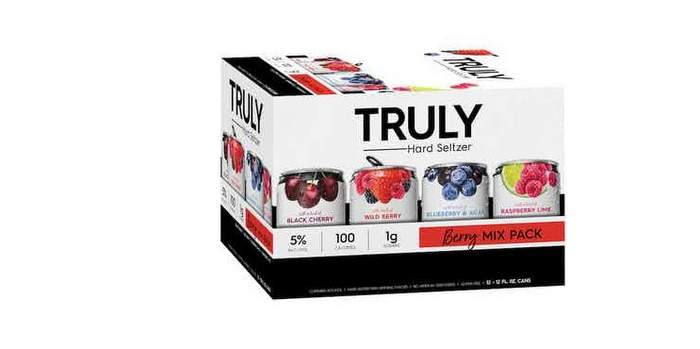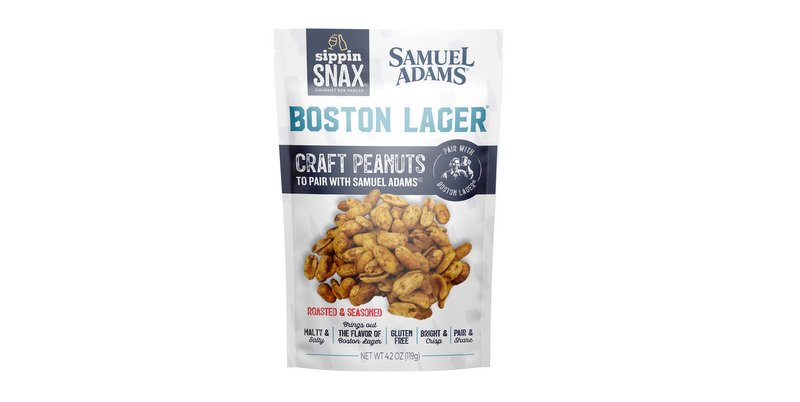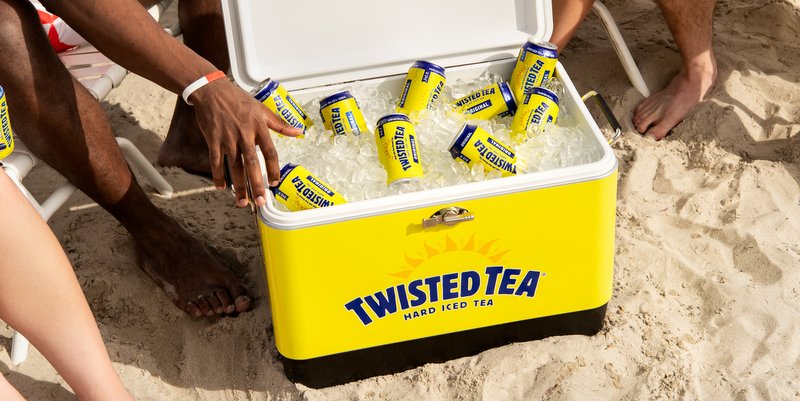
Boston Beer had wild expectations for Truly hard seltzer sales this year. The “craft beer” corporation had White Claw’s market share lead in its sights and hired Dua Lipa as part of a huge marketing campaign. This big bet did not pay off. Boston Beer not only reported a miss in its Q2 earnings but leadership also downgraded its future outlook. Full-year depletion and shipment growth is now estimated at between 25% and 40%, a decrease from the previously reported estimate of between 40% and 50%. This caused shares to immediately drop 26 percent.
“During the second quarter we saw significant growth in the On-Premise channel and re-opened all our retail locations as most COVID-19 restrictions have been lifted,” noted Jim Koch, Chairman and Founder of the Company. “However, our 24% depletions growth for the second quarter decelerated from our first quarter growth of 48% and was below our expectations, as the hard seltzer category and overall beer industry were softer than we had anticipated.
So, is that it? Are the headlines correct, this time? Is the hard seltzer craze over? Over seems like a pretty strong word for such a popular drinks category, but maybe I’m underestimating how many people buy booze based on earnings projections.
The main takeaway to this story, to me, is just what it is: Boston Beer — one company — goofed up and allocated resources on a projection for a new category that they misjudged. Despite that missed projection, you wish you could screw up this bad:
The Boston Beer Company, Inc. reported second quarter 2021 net revenue of $602.8 million, an increase of $150.7 million or 33.3%, from the same period last year. Net income for the second quarter was $59.2 million, a decrease of $0.9 million or 1.6% from the same period last year. Earnings per diluted share were $4.75, a decrease of $0.13 per diluted share, or 2.7% from the second quarter of 2020. This decrease was primarily due to increases in operating expenses, lower gross margins, and a higher tax rate, partially offset by increased revenue driven by shipment growth of 27.4%.
What went wrong in seltzers though?
So, FYI, despite the dropped projections, the overall Truly brand growth rate improved to 2.7 times the hard seltzer category growth rate in the latest 13 weeks, resulting in a 4-point share gain and closing the share gap to the number one brand to single digits.
Still, the deceleration of first quarter momentum has put them in an awkward spot, on what to do next. Early in 2021, the company launched Truly Iced Tea Hard Seltzer and during the second quarter we launched Truly Punch Hard Seltzer.
“We overestimated the growth of the hard seltzer category in the second quarter and the demand for Truly, which negatively impacted our volume and earnings for the quarter and our estimates for the remainder of the year,” stated Dave Burwick, the Company’s President and CEO. “We increased our production of Truly to meet our summer peak and have had lower than anticipated demand for certain Truly brand styles which has resulted in higher than planned inventory levels at our breweries and increased supply chain costs and complexity.”
The company believes the hard seltzer category growth was negatively impacted by several developments:
- slowing growth in household penetration as the market matures and there is less new trial,
- a gradual transition of volume to the On-Premise channel as hard seltzer becomes a more regular option in that channel,
- new hard seltzer brands at retail that resulted in a proliferation of choices and consumer confusion
- a challenging comparative period of significant pantry loading related to On-Premise restrictions in the second quarter of 2020.
“At the same time, they have been experiencing out of stocks on certain can products, mostly the Twisted Tea brand family,” Burwick noted. “Twisted Tea continues to generate double-digit volume growth rates and is the fastest growing flavored malt beverage brand family in measured Off-Premise channels during the first half of this year.”




Adam Smith says
I don’t see it in women drinkers. Market is just saturated with seltzer offerings. It’s not a two pony show anymore.